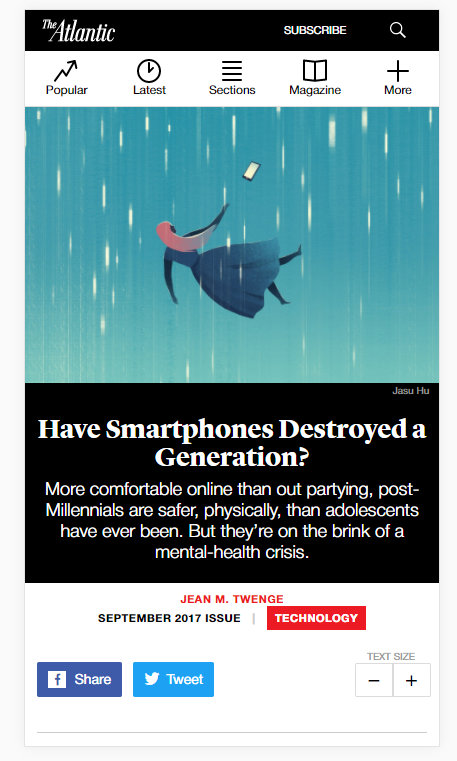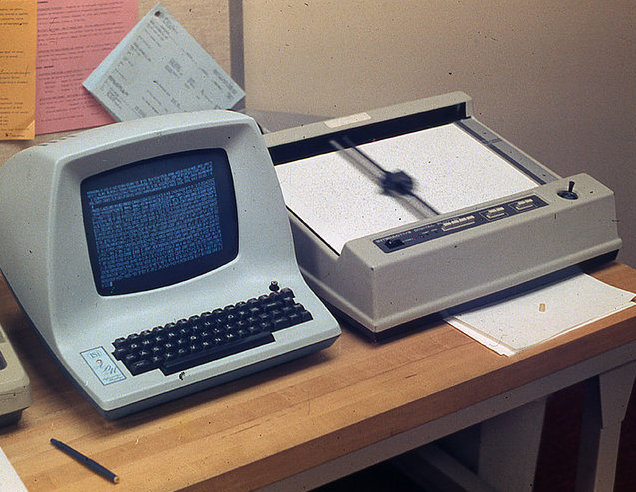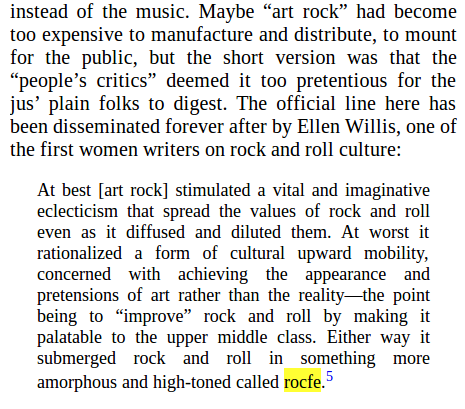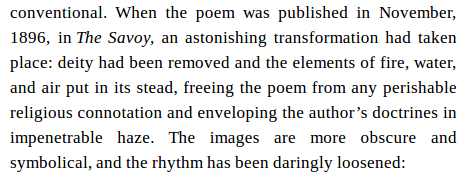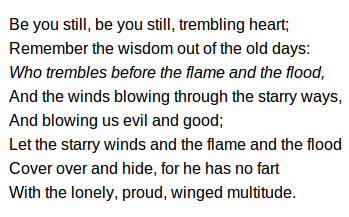My first web video art (2005 - 2009) was posted in the .mov format, I suppose as a concession to the dominance of sleek Apple laptops among the new media crowd.
Suddenly, about a year ago, all those .movs stopped working in Firefox, Chrome and IE. I contacted my conservator, a harried individual who moonlights restoring old broken Cory Arcangel web art, and demanded: "Make these .movs playable!"
Fortunately he had a PC with an older, un-updated version of Quicktime that could be used as a plugin to convert the .mov files to .mp4 (same basic Apple codec, blah blah).
Gradually he is replacing the .movs I posted to the new "friendly" spec (which won't work in five years).
Here's a list of conversions, which will be updated as new ones are added:
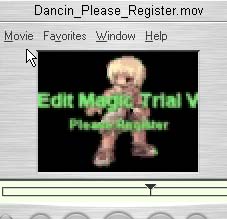
"Dancin' (Please Register)" (Quicktime video converted to .mp4) [9.5 MB .mp4 video]
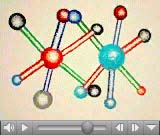
"Exit Maurice" (Quicktime video converted to .mp4) [10.5 MB .mp4]
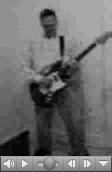
"Guitar Solo" [4.5 MB .mp4 video]
I have more recently posted .mov files that function adequately -- it's not the filetype that's the problem, per se. Possibly it's only .movs made from 2005-2009 on a Windows machine, converting .avi or .mpg to .mov. My conservator said, "don't even try to understand the twisted minds of your media new media overlords -- just accept that they have killed your work product and .mov on."
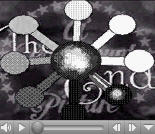
"End Notes" [18.8 MB .mp4]
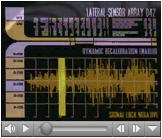
"Sensor Readings" [27 MB .mp4]
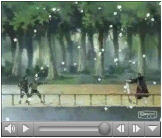
"Ninja Elements" [16 MB .mp4]
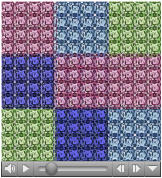
"Big Rock Grid" [12 MB .mp4]

